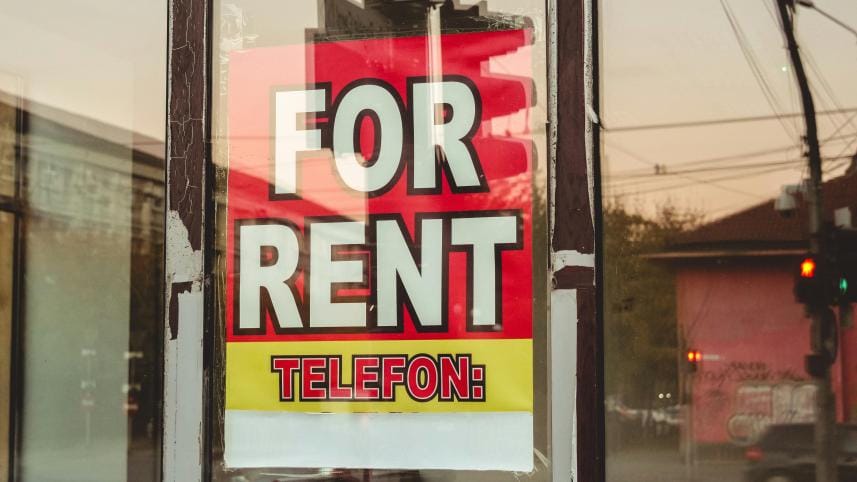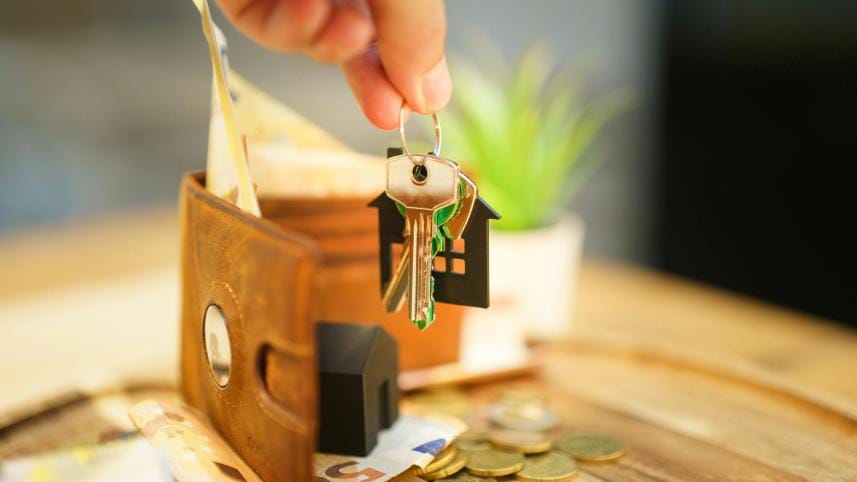Renting an apartment? Here’s 5 things you must know first

Renting an apartment is often seen as a temporary pitstop on the way to something more —owning a home. But for many urban dwellers, especially young professionals or couples starting, renting is not a phase. It's the reality. And like any reality, it gets better the more you understand it. Whether you are moving into your first apartment or switching to a new one, being a smart renter can save you money, mental energy, and sometimes, your security deposit.
Ask the right questions
The first step to being a smart renter starts long before moving in. During your visit, don't let a fresh coat of paint or a city view distract you from practical issues. Ask about backup electricity during outages, whether there's a 24-hour water supply, how utility bills are handled, and who is responsible for plumbing or electrical repairs.
If the landlord says "everything is fine," push gently for specifics. "I asked the landlord if the water supply was reliable," says Farhan, a recent renter in Uttara. "He assured me there were no issues, but during my first week, the taps ran dry every morning after 9 AM. Some days, I had to buy water jars just to shower."
Getting details now prevents frustration later. Always make sure what's agreed upon ends up in writing!

Negotiating rent and extra benefits
Many renters assume the rent on the listing is fixed. In reality, it's often negotiable if you approach it politely and with data. Compare nearby listings and highlight the apartment's shortcomings — lack of natural light, older fixtures, and no parking space.
"I liked the place, but showed the landlord two cheaper options nearby," says Nusrat, a young professional who recently moved to Mirpur. "He didn't drop the rent but offered to install free Wi Fi instead."
If the landlord can't reduce the monthly rate, negotiate for improvements or services — painting, new fans, minor repairs before you move in. Sometimes the rent stays the same, but the value you get increases.
Document everything to protect your deposit
Once you have moved in, don't assume everything is fine just because the keys are in your hand. Take photos or videos of every room — scuffed walls, chipped tiles, broken sockets — and store them somewhere safe. This protects you from unfair deductions when you leave.
Normal wear and tear — faded paint, minor scratches — should not be charged against your deposit. But breakage caused by misuse will occur. If something breaks, report it early. The longer you wait, the more it looks like negligence. Clarify with your landlord which repairs they handle and which ones you are responsible for. This is one of the simplest ways to avoid losing your security deposit unnecessarily.

Understand what not to do in a rented apartment
Living in a rented apartment means respecting limits. Don't drill holes or repaint without permission, even if you think you're improving the space. These changes can cost you at the end of your lease. Avoid subletting to someone else or letting a friend stay long term without approval; it can violate your agreement and even lead to eviction.
Be especially careful about ignoring small issues. A leaking tap or a damp corner might seem harmless, but left unchecked, they can turn into expensive problems you'll be blamed for. Smart renters treat small problems as early warnings and communicate with the landlord promptly.
Think beyond the first month
Before signing any rental agreement, it's essential to understand the legal aspects – even if it's just a simple contract between you and the landlord. Go through the lease carefully. Make sure it clearly states the monthly rent, deposit amount, duration of the contract, notice period, and who handles repairs.
In many cases, tenants skip the fine print and later get caught in verbal loopholes. If you are unsure about a clause, ask for clarification. In some cases, landlords might add conditions like "no guests after 10 PM" – rules you should be aware of from the start. And if anything seems one-sided or unclear, it's always better to discuss (or renegotiate) before moving in, not after a problem arises.
In short, a smart renter is not someone who always pays the lowest rent; it's someone who lives with fewer surprises and more control. By asking the right questions, negotiating with facts, documenting the condition of your home and respecting the boundaries of a rented space, you're not just protecting your deposit – you're protecting your peace of mind.



 For all latest news, follow The Daily Star's Google News channel.
For all latest news, follow The Daily Star's Google News channel.
Comments